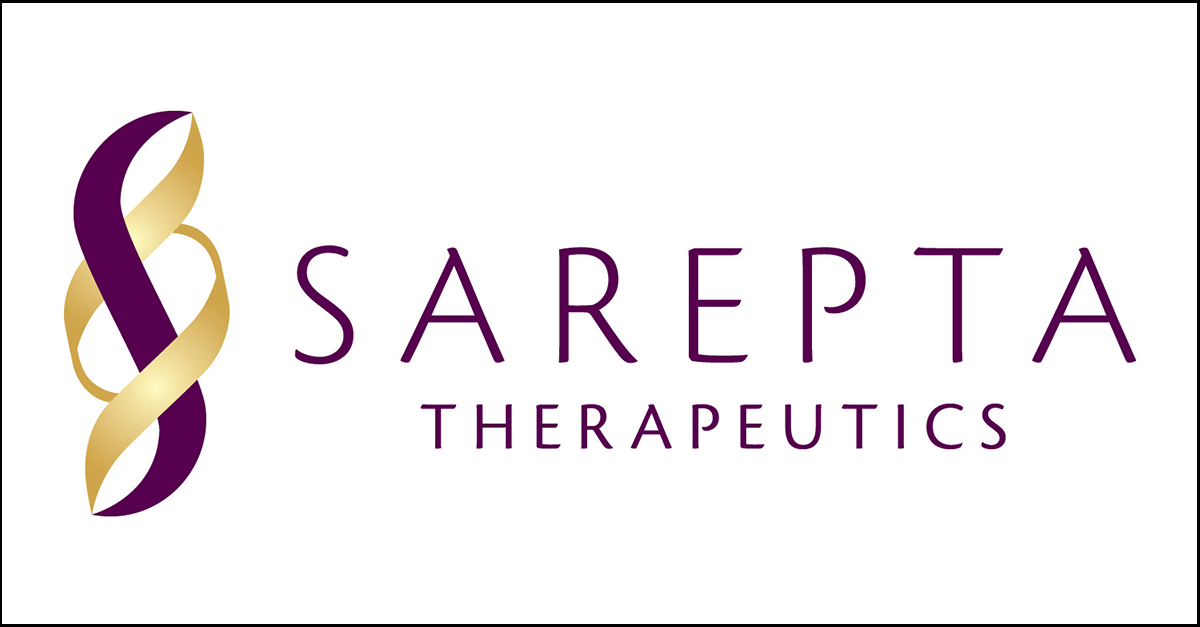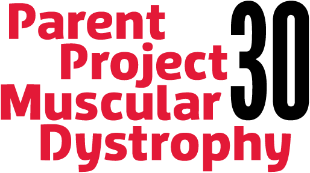
Sarepta Therapeutics hosted a webcast earlier this morning, providing an update on encouraging 9-month functional and creatine kinase (CK) data from baseline for the original four patients in the Phase 1 open-label study of Sarepta’s micro-dystrophin gene therapy candidate for Duchenne.
PPMD is excited to see continued positive results from this trial. Below are notes taken from the call today or you can listen to the full webcast here.
- According to the 9-month clinical data from North Star Ambulatory Assessment (NSAA):
- There was a consistent increase in all four patients in the NSAA
- Patients 1, 2, & 4 (all 4 –5 year olds) increased 8 pts over 9 months
- Patient 3 (6 year old) improved with a 2 pt increase
- Mean of 6.5 from baseline
- CK Update:
- Continuous trend in reduction
- Occasional spikes but these were associated with patients being active before blood draws
- There have been no reports of serious adverse events.
- All four patients doing extremely well.
- During the Q&A section there were numerous questions about access, biopsies, CKs:
- There is no justification (based on understanding of durability from animal models) for muscle biopsy in 12 months (too invasive for boys).
- Sarepta said there is more work to do to develop measurements of durability less invasive than biopsy at 3 or 5 year time points.
- Payers want to see functional measures.
- There are a number of confounding variables when it comes to CK levels – it moves around a lot, kids are very active when they feel good.
- We recommend listening to the webcast for Sarepta’s answers to these questions.
- Sarepta stated in their press release that they do not intend to provide continuing updates on the patients in its Phase 1 study while it enrolls and conducts its current 24-patient, double-blind, placebo-controlled trial.
PPMD awarded Drs. Jerry Mendell and Louise Rodino-Klapac a $2.2 million grant in 2017 at a pivotal moment in the progress of this important trial, as part of our Gene Therapy Initiative. This grant was made possible thanks to the generosity of the families and foundations in this community who continue to support PPMD in the fight to end Duchenne.



 by: Parent Project Muscular Dystrophy
by: Parent Project Muscular Dystrophy

